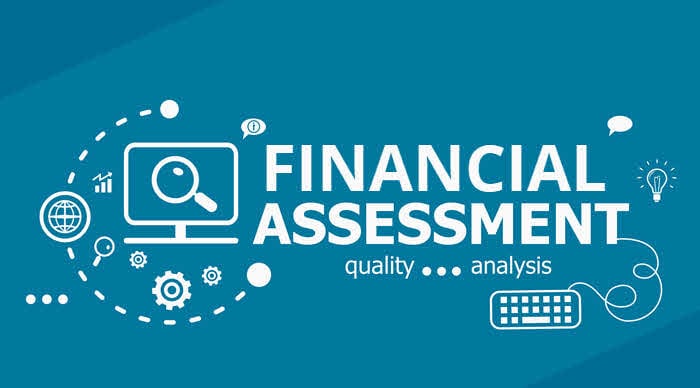Don't ever let your business get ahead of the financial side of your business. Accounting, accounting, accounting. Know your numbers.” - Tilman J. Fertitta
When it comes to financial statements, one size definitely doesn't fit all. In fact, as your business grows and evolves, your financial statements should too. Their primary purpose shouldn't change, which is to provide business owners with actionable information. However, as a business matures, and potentially becomes more complex, with an increasing number of opportunities to pursue (or not) the statements need to be able to keep up.
There isn't a hard and fast rule about what you should look at, and at what stage those needs will vary. What should be true, however, is the owner's commitment and rigor around the process of what is reviewed and when. For businesses that lack the full-time need of a CFO, a part-time or project CFO will provide the expertise necessary to produce financial statements that are appropriate and relevant to generate information (not just data) that helps solve real business problems.
I happen to lead an organization made up of those financial executives and can offer that I face the same challenges you do when evaluating what I need to run the firm. Primarily, how do I make sure I have what I need to make good business decisions?






